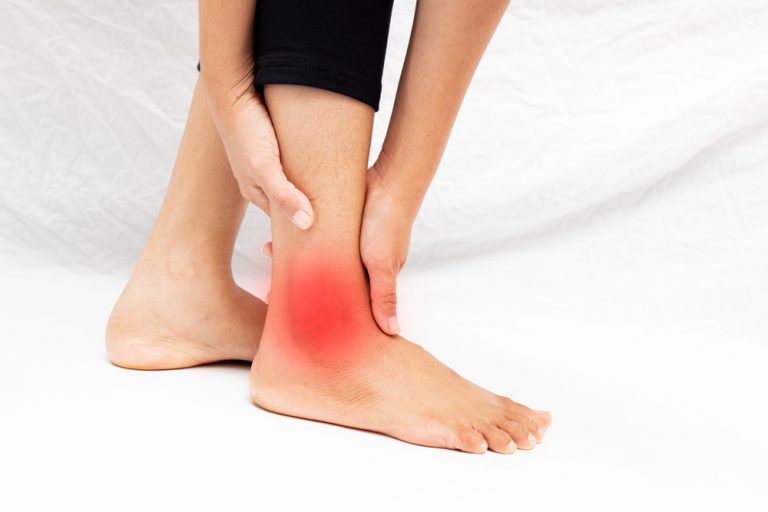Fecal Incontinence
The inability to control bowel movements, including stool, gas, or mucus, and their accidental passing from the anus.
At BEST we are committed to patient and community health education.
Your healthcare matters. Our goal is to empower patient participation and continuous education and involvement over individual healthcare decisions. Stay up to date with the latest spine and orthopaedic information from conditions, procedures, news, and innovative surgical techniques. BEST is committed to sharing information, exploring different levels of treatment options, and helping patients make informed decisions about health.
Read our blog to learn more about unique treatments, differences between certain health conditions, and much more as we proudly work towards further educating ourselves and others.
The inability to control bowel movements, including stool, gas, or mucus, and their accidental passing from the anus.
Urinary symptoms that cause a sudden, strong urge to urinate, even when the bladder isn’t full.
BEST Health System offers advanced urology care to patients seeking relief from fecal incontinence or overactive bladder.
A chronic pain condition causing intense, prolonged pain and swelling, usually in an arm or leg, after an injury.
Neuropathy, also known as nerve damage, can develop from a variety of conditions. When neurons are damaged, they are unable to communicate with one another. As a result, the brain cannot communicate with the nerves, making it difficult to do things that were once easy.
Damage to nerves that control autonomic bodily functions such as blood sugar, blood pressure, digestion, heart rate, or bowel movements.

Nerve damage that is focused on the outside of the brain and near the peripheral nerves also known as the spinal cord. This can impact hand and feet circulation, and create weakness, numbness, or pain.
Proximal neuropathy is a rare form of neuropathy that occurs when the nerves in your hips, thighs, or buttocks are damaged. It usually only affects one side of your body. Although only seen in rare cases, it can spread to both sides.
Neuropathy due to a diabetic condition that causes high blood sugar (glucose), which can lead to damaged blood vessels and nerves over time.
Focal neuropathy is a common form of neuropathy that refers to the compression of a specific nerve.
Pressure on the peroneal nerve near the knee, often leading to weakness, numbness, and pain in the lower leg and foot.
A condition where the joints in the foot and ankle experience inflammation and cartilage breakdown, leading to pain, stiffness, and limited movement.
Compression of the tibial nerve in the tarsal tunnel (a narrow space inside the ankle), causing pain, numbness, and tingling in the foot.
A deformity where a toe bends or curls downward instead of pointing forward, often causing discomfort and difficulty walking.
Whether you are dealing with fractures, dislocations, labral tears, sprains, soft tissue inflammation, strains, we have a variety of treatment options for your hip condition.
Repetitive stress on the knee joint can cause sprains, strains, fractures, or tears. Regular wear and tear, pressure from athletic activities, and aging may cause knee conditions.
A condition where the shoulder joint becomes stiff and painful due to inflammation, often resulting in limited movement.
A range of shoulder issues, including tendonitis, impingement, and instability, all causing pain and limited function.
A condition caused by compression of the median nerve in the wrist, leading to numbness, tingling, and weakness in the hand.
Osteoarthritis involves joint cartilage wear and tear, while rheumatoid arthritis is an autoimmune disease that attacks joint lining, both causing joint pain, stiffness, and swelling.
Compression of the ulnar nerve at the elbow, resulting in numbness, tingling, and pain in the ring and little fingers.